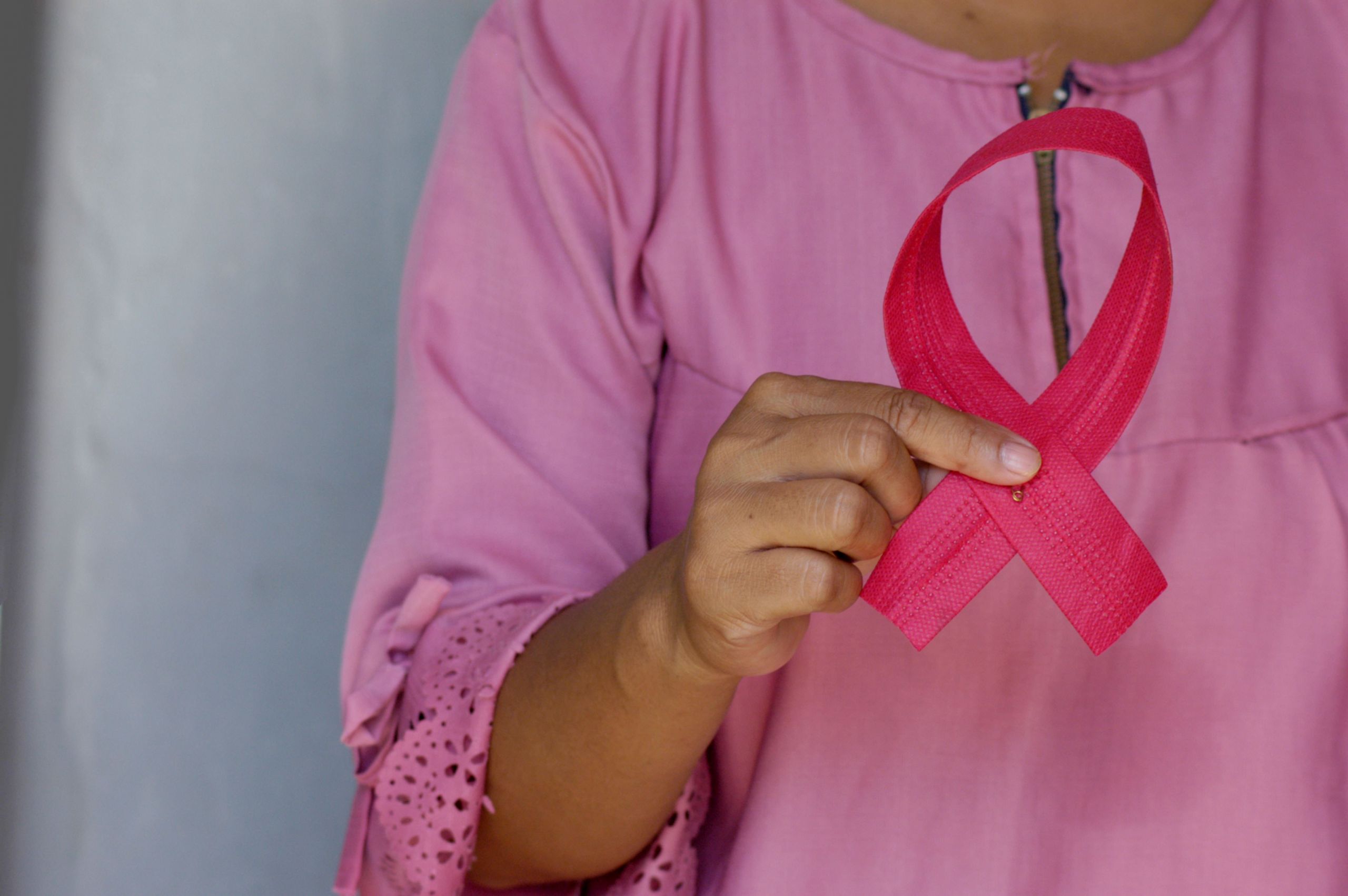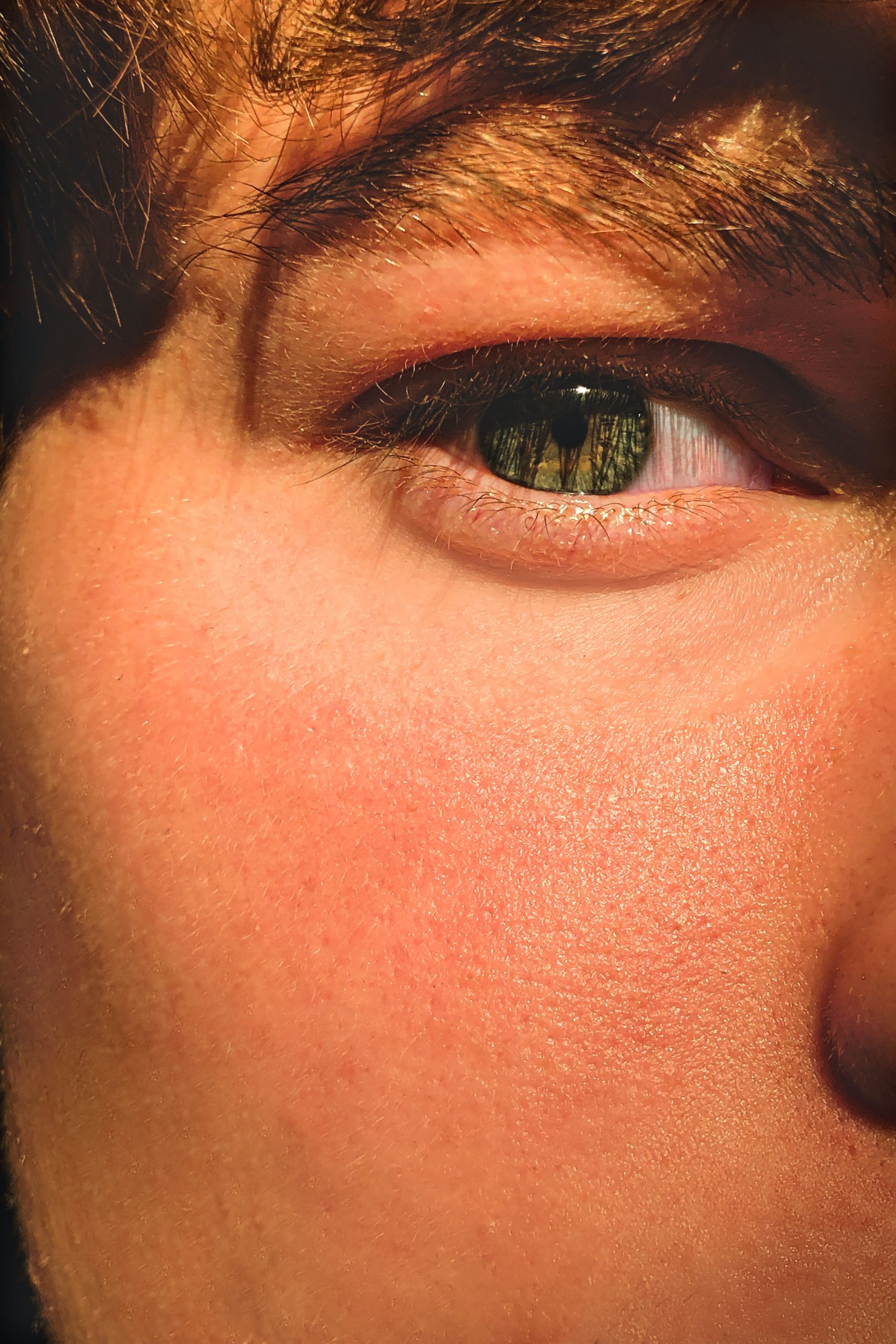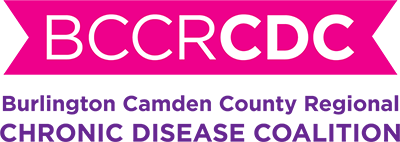Health Education
Breast Cancer
Breast cancer is a type of cancer that starts in one or both breasts. While breast cancer occurs most commonly in women, men can get breast cancer too. To learn more about breast cancer (malignant tumors), other abnormal growths (benign, non-cancerous tumors), signs, symptoms, and screening recommendations, view the comprehensive educational resources available from the American Cancer Society.



HPV & Cervical Cancer
The human papillomavirus (HPV) is linked to cervical cancer as well as other types of cancers. Thankfully, there are things you can do to reduce your risk of getting HPV.
Cervical cancer can often be found early, and sometimes even prevented, by having regular screening tests. If detected early, cervical cancer is one of the most successfully treatable cancers. Learn more about the causes and risk factors associated with cervical cancer and the efforts you can take to prevent it.
Vulputate gravida nibh egestas.
Colorectal Cancer
Colorectal cancer is a type of cancer the starts in the colon or rectum. Excluding skin cancers, colorectal cancer is the third most common cancer diagnosed in both men and women in the United States. A number of factors, including some that are lifestyle-related, are related to colorectal cancer risk, but screening can help identify these cancers early. Learn more about colorectal cancer from the American Cancer Society.
Vulputate gravida nibh egestas.
Prostate Cancer
Prostate cancer is the most common cancer among men (after skin cancer), Thankfully, it can often be treated successfully. Since signs and symptoms are not always noticeable with prostate cancer, screening becomes critical in diagnosing it early. Find out more about screening and treatment for prostate cancer here.
Lung Cancer
There are two main types of lung cancer, about 80%-85% of lung cancers are non-small cell lung cancer (NSCLC). The main subtypes of NSCLC are adenocarcinoma, squamous cell carcinoma, and large cell carcinoma. About 10%-15% of all lung cancers are small cell lung cancer (SCLC). This type of lung cancer tends to grow and spread faster than NSCLC. Early detection of any type of lung cancer improves your chance of a better prognosis.
Skin Cancer
We create amazing digital products
Skin cancer is the most common type of cancer by far. Some skin cancers are preventable through the consistent use of effective sunscreen and the type of clothing worn for protection from the sun’s damaging rays. You can learn more about the various types of skin cancers, how to take preventive measure to protect yourself, and what to look regarding changes in your body here.




Vulputate gravida nibh egestas.
Other Cancers
Cancer continues to be the second most common cause of death in the US, after heart disease. In addition to the most common cancers, there are a variety of other cancers diagnosed, with their own unique presentations, risk factors, and treatment plans. Thankfully, from basic information about cancer and its causes to in-depth information on specific cancer types – including risk factors, early detection, diagnosis, and treatment options – you’ll find the information you need about all types of cancers in the American Cancer’s Society’s Cancer A-Z Guide.
Diabetes
About 1 in 10 Americans has diabetes, a chronic, long-lasting health condition that affects how your body turns food into energy.
Whether you’ve been newly diagnosed, have been fighting against type 1 or type 2 diabetes for a while, or are helping a loved one, the resources available from the American Diabetes Association have you covered. They can help you gain a deeper understanding of how you can live a healthier life—with all the tools, health tips, and food ideas you need.
Stay Up-to-Date With Our Emails
We’ll send our quarterly newsletters and event announcements straight to your inbox.
